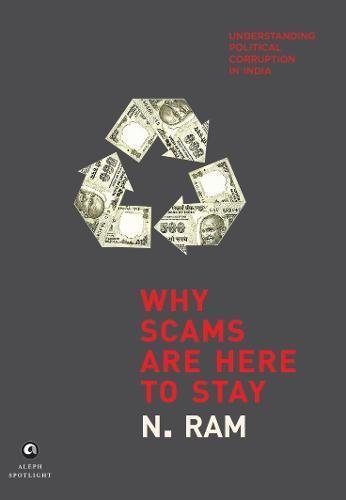N Ram clarifies at the outset that if corruption in India ‘in its pervasiveness, its omnipresence and its multifariousness’ is to be properly understood, it needs to be conceptualized as a problem not just of politics but as an ‘integral part of an unjust and exploitative system of political economy’; and, hence, the most suitable approach to make sense of corruption in India is provided by the theoretical perspectives and lived experience that Marxism brings to the subject.
Holding that corruption must be seen as an inherent feature of capitalism, Marxists regard as inadequate the traditional rent-seeking approach which defines corruption as the quest for privileged benefits from government or the use of public office for private gain. Those who saw the ‘permit-quota raj’ as the basis of corruption and believed that deregulation and liberalization would result in its disappearance, were not conceptually equipped to foresee the ballooning corruption that would ensue.
As Prakash Karat, the Marxist ideologue, observes, in the pre-liberalization era the quid pro quo between business and government functionaries rested on licences and kick-backs. Liberalization, however, caused the state to become the ‘handmaiden and facilitator of the transfer of resources of the country to big business’. Entire policies were put up for sale; the political system came to be ‘moulded to accommodate the interests of a proliferating capitalism’.

